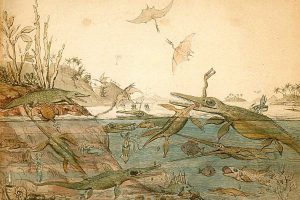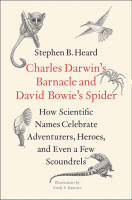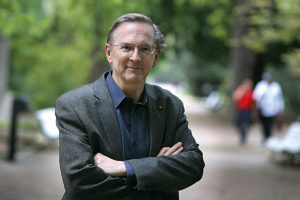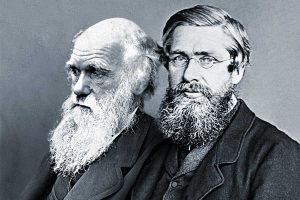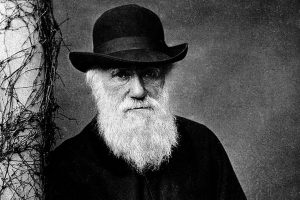Search
Christianity has produced stories that have served as a reference point for scientific research for centuries. Two of these examples are analysed here, the story of Creation and the story of Noah's Ark.
On Darwin Day, we look at some aspects of the biography of the English naturalist with historian of science Janet Browne.
[caption id="attachment_111125" align="alignleft" width="250"] Charles Darwin's barnacle and David Bowie's spider. How scientific names celebrate adventurers, heroes, and even a few scoundrels. Stephen B. Heard. Yale University Press. New Haven, 2020. 241 pages[/caption] As a specialist in a small family of beetles, I have been in
Simonetta Gribaldo works at the Pasteur Institute and is one of the world experts in archaea, which are fascinating yet still mostly unknown microorganisms.
Darwin is credited with the opinion that crying only lubricates the eye, but today it is accepted that it has an intrapersonal and an interpersonal function.
Blushing is a specifically human characteristic, since our closest relatives, such as the chimpanzee, gorilla, or orangutan, do not blush.
The year 2009 marked the bicentenary of Charles Darwin’s birth. Mètode celebrated with this monograph, which delved into different aspects of the naturalist’s research, and also with the publication of his Autobiography, previously unpublished in Catalan.
Interview with Jack Szostak, Nobel Prize in Physiology or Medicine in 2009, along with the molecular biology experts Elizabeth Blackburn and Carol Greider.
Charles Darwin did not adopt any obvious ideology, except perhaps that of anti-slavery. However, his published work, and that of other evolutionists, led to the emergence of social Darwinism.
On 12 February 1809, English naturalist Charles Darwin was born. He would go into history as the father of the theory of evolution. His works, nonetheless, go farther than On the Origin of Species. We offer a selection of texts published by Mètode.
- 1
- 2

